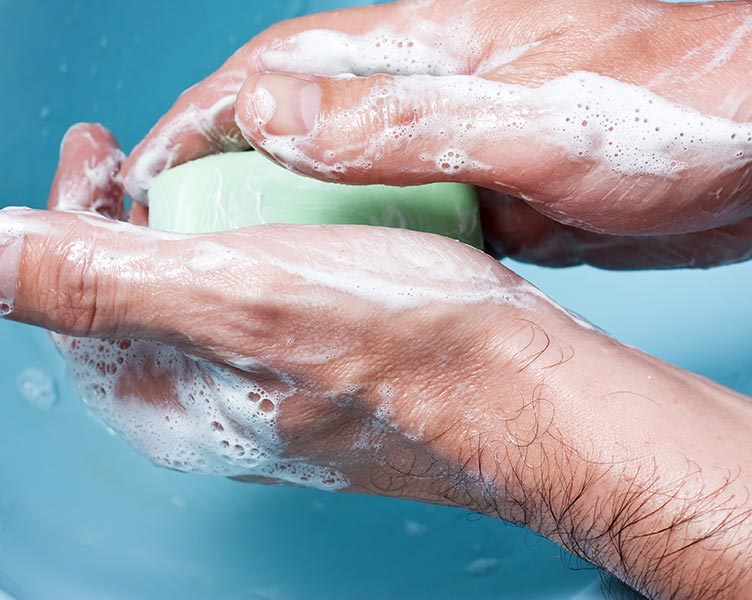‘I think sex is here to stay’, said the beloved comedian Groucho Marx (1890-1977). Even though you may really want to be intimate with your partner, your worries might hold you back. There are a few extra precautions to make when you have bladder issues – both to avoid disturbing leaks and to prevent urinary tract infection as an unwanted morning gift.
The confidence to enjoy an active sex life
Intermittent catheterisation in itself rarely interferes with sexual activity. Make sure to catheterise yourself and empty your bladder completely before having sex to prevent leakage. Women are more likely to get a urinary tract infection and sexual activity can increase the risk because of the female anatomy, but men can also get it – so the following advice is relevant for both:

Precautions when you have sex
During intercourse your genital area will always be introduced to bacteria – either from yourself or from your partner. Follow these rules before, during and after sex to limit the amount of bacteria:
Before sex:
Empty your bladder as a full bladder gives better conditions for bacteria to settle down and grow.
During sex:
If you or your partner feel dry during intercourse use a water-soluble gel (lubricant) to help decrease friction and stress on tissue, which can lead to infection. The use of diaphragms and spermicides can also cause irritation, which promote infections. If you have frequent UTI’s talk to your doctor about another form of birth control.
After sex:
Empty your bladder immediately after having sex, even if there is only a small amount of urine in your bladder to flush potential bacteria out. Drink 2–3 glasses of water and urinate when you have the urge to do so. The goal is to have a good steady stream of urine to wash any bacteria from the bladder.



